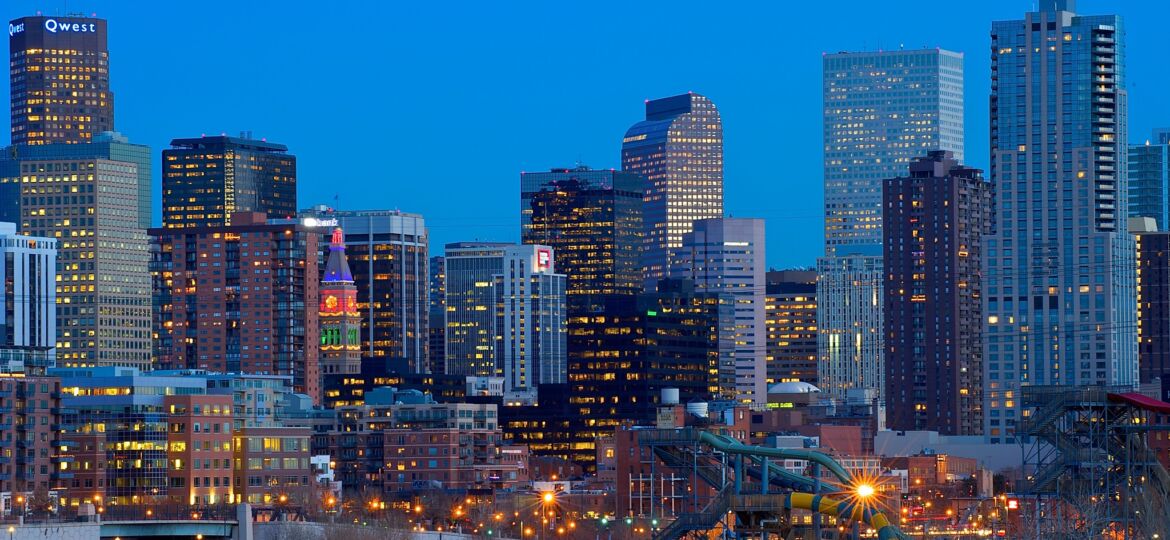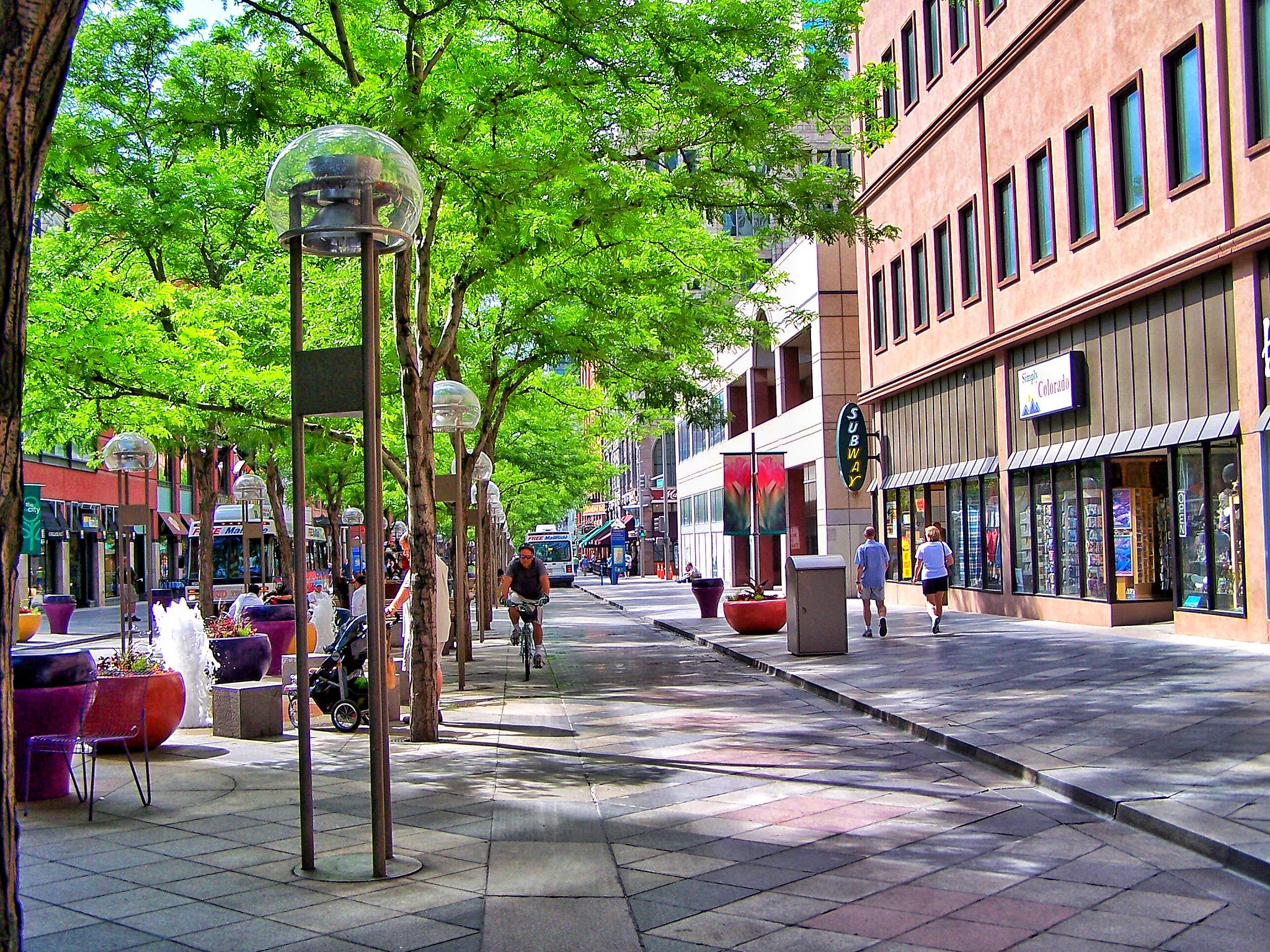
Housing crisis: Denver is the second most gentrified city in the country
The city of Denver is unable to provide affordable housing for many of its residents, who are often displaced by rising rents and living costs.
Gentrification is an issue happening across the country, including neighborhoods in Colorado. By definition, gentrification is the process whereby the character of a poor urban area is changed by wealthier people moving in, improving housing, and attracting new businesses, typically displacing current inhabitants in the process.
Denver is the second most gentrified city in the country, after San Francisco-Oakland. Neighborhoods on the northside and the eastside of Denver have changed drastically with the people living in these neighborhoods and changing names such as areas being called the “Highlands” and the “Rino District.” These two neighborhoods are now prominently occupied by upper- to middle-class white people.
Within the city, 27% of neighborhoods in Denver are being influenced by gentrification, which pushes out generations of families that have lived in these neighborhoods for years and decades prior. This has caused an increase in the number of people tearing down houses that have been in these neighborhoods for years, while also making people feel uncomfortable in neighborhoods that they have known their whole lives.
The most affected areas are northern and eastern Denver alongside Globeville, occupied predominantly by minorities. The Northside of Denver’s population went from 70% Latinx to 35%. This has shifted what the city looks like, who can live in the city and is breaking communities apart.

Gentrification is not only causing prior residents to move to the outskirts of Denver, but it is causing a housing crisis. Not only does this create a large unhoused population and raise ethical dilemmas for the city, but also shifts the housing market, making Colorado one of the most expensive states to live in.
The average salary in Denver is $82,329 with 24% of income going towards rent placing Denver in the top 10 cities in the US in rent affordability.
Within the city of Denver, the homeless population has grown 15% within the past five years and continues to rise. In this statistic, it does not include homelessness population as the annual count in Denver was canceled due to COVID-19;though it is estimated that the homeless population has grown dramatically due to the pandemic. The city has continued to neglect the homeless population and lower-income households due to the increase in upper-middle-class income continuing to come into the city, especially through acts like the sweeps of homeless camps on the streets.
To get a better understanding of how widely gentrification affects people’s lives all over the country, more specifically in Colorado, Jennifer L Fluri, professor of geography at the University of Colorado Boulder, describes its impact. Fluri has multiple publications surrounding geography and also worked alongside the Boulder Affordable Housing Research Initiative to research housing issues specifically in Colorado.
Fluri explained how the housing rate is increasing in Colorado in an interview, detailing the issue with unhoused populations not having any permanent work and how a lot of the homeless population is pushing against regulations in Colorado.
“With gentrification and the increase in housing cost both rental and homeowner cost,” said Fluri. “We have found in Boulder that the majority of people who have lost their homes are because maybe they lost their jobs or had a pay decrease. And then once you have lost your job, it is so much harder to get back into housing because people have an eviction on their record.” This has become a prominent issue for people, especially during the COVID-19 pandemic, as rent has increased as well as the probability for eviction.
“There is no rent control in Colorado [and] that has created another problem,” said Fluri. “I’ve also heard of issues where landlords will not do home improvements so people will home improve their apartments, and their landlord will raise the rent because it is nicer, and they can charge higher for it.”
Overall, this is a large issue that is happening across the country. “What is the middle class in this housing job market? Where people who are making 90k to 100k who have really good jobs are priced out of that market,” said Fluri.
Therefore, gentrification has created an environment forcing people to leave their neighborhoods and potentially experience homeless. This crisis is not only in Denver, but other metropolitan areas in the United States too.

